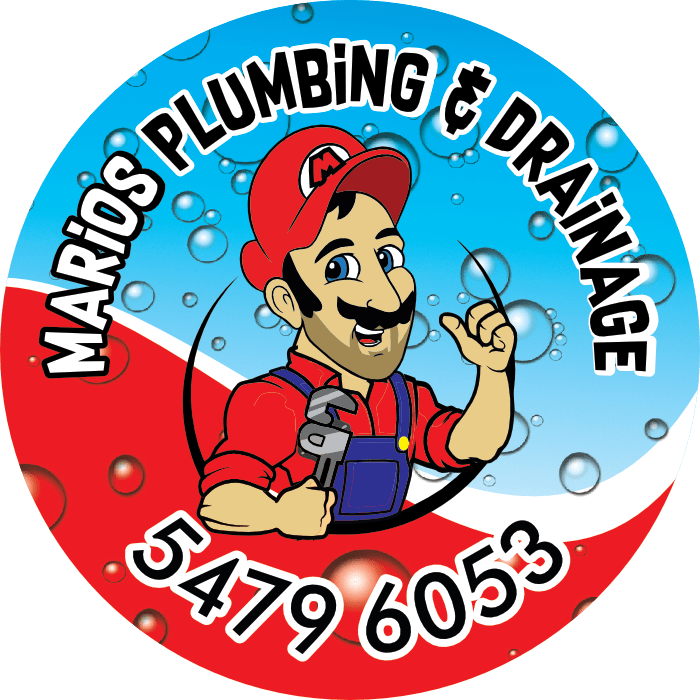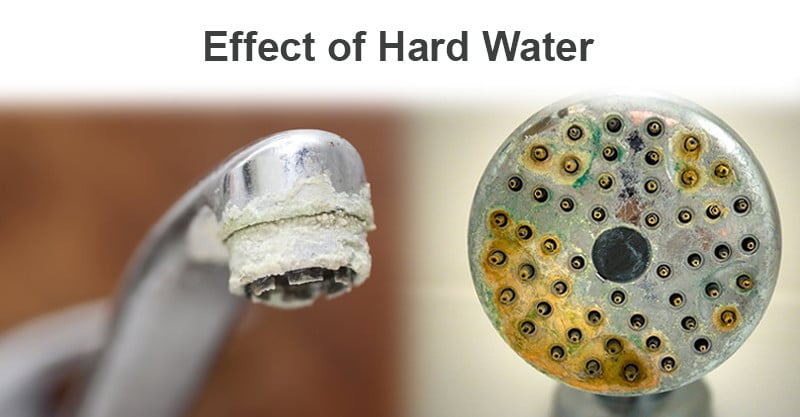G’day, mates! If you’ve ever noticed weird stains on your dishes or felt like your soap just won’t lather properly, you might be dealing with hard water. It’s a sneaky problem that can wreak havoc on your plumbing and leave you scratching your head. But don’t worry, we’ve got you covered! Let’s dive into the world of hard water and uncover its effects on your pipes, plus some nifty solutions to keep your plumbing happy.
What’s the Deal with Hard Water?
Hard water is like that uninvited guest at a party – it shows up without warning and causes all sorts of trouble. But what exactly is it?
Simply put, hard water is water that’s packed with minerals, mainly calcium and magnesium. These minerals hitch a ride as water travels through rocks and soil, picking up more passengers along the way. While it’s safe to drink, hard water can be a real pain for your plumbing system and appliances.
The Not-So-Great Effects of Hard Water on Your Plumbing
1. Clogged Pipes and Low Water Pressure
Picture this: you’re trying to take a relaxing shower after a long day, but the water’s barely trickling out. Frustrating, right? Well, hard water might be the culprit.
As hard water flows through your pipes, it leaves behind a trail of mineral deposits. Over time, these deposits build up, forming a thick layer of limescale. It’s like your pipes are developing their own rock collection! This buildup narrows the pipe diameter, slowing down water flow and reducing pressure.
In extreme cases, pipes can become completely blocked. It’s like trying to suck a thick milkshake through a tiny straw – not exactly a fun experience!
2. Corroded Fixtures and Fittings
Hard water doesn’t play nice with metal surfaces. The minerals in hard water can react with your plumbing fixtures, causing corrosion and damage. You might notice rust, tarnish, or other funky substances forming on your taps and showerheads.
This corrosion isn’t just unsightly – it can weaken your fixtures and lead to leaks. Nobody wants a surprise indoor water feature, especially when it’s coming from a busted pipe!
3. Appliance Apocalypse
Your poor appliances bear the brunt of hard water’s wrath. Dishwashers, washing machines, and water heaters can all suffer from mineral buildup.
This buildup can clog or damage components, making your appliances work harder and use more energy. It’s like trying to run a marathon with rocks in your shoes – you’ll get there eventually, but it won’t be pretty (or efficient).
4. Water Heater Woes
Your water heater is particularly vulnerable to hard water’s effects. Sediment can build up inside the tank, creating a layer of insulation between the heating element and the water. This means your heater has to work overtime to get the job done, leading to higher energy bills and a shorter lifespan for your heater.
In severe cases, this sediment can cause hot spots in the tank, weakening it and potentially causing leaks or even a full-blown rupture. Talk about a hot mess!
How to Spot Hard Water in Your Home
Now that we know the damage hard water can do, how can you tell if it’s lurking in your pipes? Here are some telltale signs:
- White Mineral Deposits: If you notice white, chalky deposits on your faucets, showerheads, or kettles, that’s a classic sign of hard water.
- Soap Scum Everywhere: Hard water makes soap less effective, leading to soap scum buildup on surfaces.
- Dull, Lifeless Hair and Skin: Hard water can leave a film on your skin and hair, making them feel dry and dull.
- Spotty Dishes and Glassware: Do your glasses come out of the dishwasher looking cloudy?
- Stiff, Scratchy Laundry: Hard water can make your clothes feel stiff and scratchy, even after washing.
Tackling Hard Water: Solutions to Save Your Plumbing
Don’t worry, it’s not all doom and gloom! There are plenty of ways to combat hard water and protect your plumbing:
1. Regular Cleaning and Maintenance
Prevention is better than cure. Regularly clean your fixtures and appliances using a mixture of vinegar and water. Run empty cycles with vinegar in your dishwasher and washing machine to keep them in top shape.
2. Water Softeners: Your Plumbing’s New Best Friend
Installing a water softener removes the minerals that cause hard water, replacing them with sodium ions. This soft water flows through your pipes and appliances, reducing the risks of buildup.
3. Water Filters to the Rescue
Installing filters on your taps and showerheads can trap some of the minerals before they reach your fixtures. Filters won’t be as comprehensive as water softeners, but they can still help.
4. Call in the Pros: Professional Maintenance
Scheduling regular professional maintenance can help catch and address hard water issues before they become major problems. A professional plumber can inspect your system and recommend the best solutions.
Case Study: The Great Sydney Hard Water Challenge
Meet Sarah, a Sydney resident who moved into an older home in the Inner West. She noticed her dishes always looked spotty, and her shower pressure was getting weaker by the day. After a bit of research, she suspected hard water was the culprit.
Sarah decided to tackle the problem head-on. She installed a water softener and implemented a regular cleaning routine for her fixtures. The results? Sparkling dishes, better water pressure, and appliances that ran more efficiently. Sarah even noticed her hair felt softer and her skin less dry after showers.
“I never realised how much of a difference soft water could make,” Sarah said. “It’s like my whole house got a refresh!”
Environmental Impact and Sustainability
It’s worth noting that while water softeners are effective, they do have an environmental impact. The salt used in traditional water softeners can end up in waterways, affecting ecosystems. However, there are eco-friendly alternatives available, such as salt-free water conditioners or electronic descalers.
When choosing a solution for hard water, consider the environmental impact and opt for sustainable options where possible.
Future Trends in Hard Water Management
The world of water treatment is always evolving. Some exciting trends on the horizon include:
- Smart water softeners that can be controlled via smartphone apps
- More efficient and eco-friendly water treatment technologies
- Increased use of alternative water sources, like rainwater harvesting, to reduce reliance on hard water supplies
FAQs: Your Burning Hard Water Questions Answered
- Q: Is hard water safe to drink?
A: Yes, hard water is generally safe to drink. In fact, it can be a good source of calcium and magnesium. However, it can affect the taste of water and cause issues with plumbing and appliances. - Q: How can I test if I have hard water?
A: You can buy home water testing kits from hardware stores or online. Alternatively, you can contact your local water provider for information about water hardness in your area. - Q: Will a water softener remove all minerals from my water?
A: Water softeners primarily remove calcium and magnesium, which are the main culprits behind hard water. They don’t remove all minerals from the water. - Q: Are there any downsides to using a water softener?
A: While water softeners are effective, they do add a small amount of sodium to the water. This is usually not a concern for most people, but those on low-sodium diets may need to consider alternatives. - Q: How often should I maintain my water softener?
A: Most water softeners need to be recharged with salt every few months, depending on your water usage and hardness levels. It’s also a good idea to have a professional service your system annually. - Q: Can hard water cause health problems?
A: Hard water itself doesn’t cause health problems. However, the mineral buildup it leaves behind can harbor bacteria if not cleaned regularly, which could potentially lead to health issues.
Alright, mates, we’ve journeyed through the world of hard water and its effects on plumbing. From clogged pipes to appliance woes, hard water can be a real pain in the neck. But armed with knowledge and the right tools, you can keep your plumbing happy and healthy.
Remember, whether you’re in bustling Sydney or the outback of Alice Springs, hard water doesn’t discriminate. Keep an eye out for those telltale signs, and don’t be afraid to take action. Your pipes (and your water bill) will thank you!
So, next time you’re enjoying a cuppa, spare a thought for your plumbing. With a bit of care and attention, you can ensure it’s flowing smoothly for years to come. Cheers to happy pipes and soft water!


